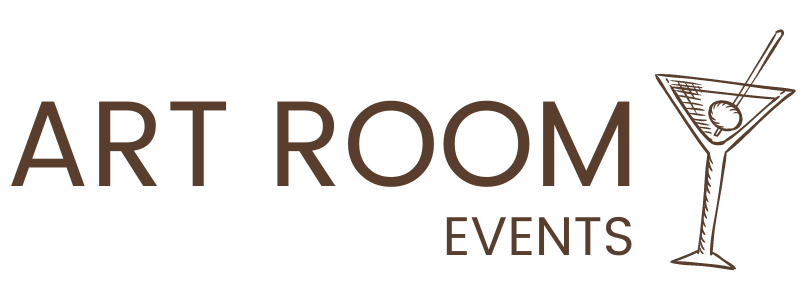The Ultimate Guide to Corporate Team Building through Creative Workshops
Importance of corporate team building
Team building is crucial for a company's success as it fosters collaboration, communication, and trust among employees. Through team building activities, employees can develop better relationships, resolve conflicts, and enhance productivity. Studies have shown that effective team building can lead to increased employee morale and job satisfaction, resulting in a more engaged and motivated workforce.
Benefits of creative workshops for teams
Creative workshops can boost team morale, encourage collaboration, and enhance problem-solving skills. According to research by the American Psychological Association, participating in creative activities can reduce stress levels and increase overall job satisfaction in employees. Additionally, these workshops provide a platform for team members to explore their creativity and innovative thinking, leading to more effective communication and a stronger sense of camaraderie among team members.
Types of creative workshops for team building
There are various types of creative workshops that companies can organize for team building. These workshops can include communication skills, collaboration exercises, creative problem-solving activities, artistic expression sessions like Painting with Coffee or classic Sip & Paint class, and outdoor team challenges. Each type of workshop aims to foster teamwork, improve relationships among team members, and enhance creativity and innovation in the workplace.
Choosing the right workshop for your team
When selecting a workshop for your team, consider the goals you want to achieve. Look for workshops that focus on improving communication, fostering collaboration, and boosting creativity among team members. Ensure the workshop addresses the specific needs of your team members and aligns with your organization's values and culture. Interactive workshops that encourage participation and teamwork are often more effective in achieving long-lasting results.
Planning and organizing a team-building workshop
When planning a team-building workshop, it’s important to consider the goals you want to achieve with your team. Start by determining the objectives and desired outcomes of the workshop. Identify the strengths and areas for improvement within the team. Establish a budget and timeline for the workshop, including the duration and location. Engage your team members in the planning process to ensure their input and buy-in. Consider incorporating a mix of activities that focus on teamwork, communication, problem-solving, and creativity. Select a skilled facilitator or workshop leader who can guide the team effectively. Lastly, collect feedback after the workshop to evaluate its success and make improvements for future team-building activities.
Setting goals and objectives for the workshop
Start by outlining clear objectives for your workshop. Define what you want to achieve and what outcomes you expect. Setting goals provides a clear direction for the workshop and helps keep everyone focused. Consider the specific skills or behaviors you want to develop in your team members. Use measurable and achievable goals to track progress effectively. Keep in mind the overall purpose of the workshop and how it aligns with your team's growth and development.
Engaging activities for team building
Engaging activities for team building can include collaborative projects, problem-solving challenges, and team-building games. These activities help team members bond, improve communication, and foster creativity. Some popular activities for team building workshops include scavenger hunts, escape rooms, trust falls, and group brainstorming sessions. Remember, the key is to create a fun and inclusive environment where everyone feels involved and motivated to participate.
Strategies for effective team communication
To improve team communication, consider having regular team meetings where everyone can share updates and concerns openly. Encourage active listening during discussions to ensure that all team members feel heard. Utilize collaboration tools like Slack or Microsoft Teams for easy communication outside of meetings. Foster a supportive environment where team members feel comfortable expressing their ideas and concerns. Conduct team-building activities that focus on communication skills, such as role-playing scenarios or group problem-solving tasks. By implementing these strategies, you can enhance effective team communication and strengthen your team's dynamics.
Building trust and collaboration within the team
To build trust and collaboration within your team, it is essential to foster open communication and encourage teamwork. Here are some key strategies to help strengthen relationships and improve teamwork:
Encourage open communication: Foster an environment where team members feel comfortable expressing their ideas and opinions.
Promote teamwork: Encourage team members to work together towards common goals and support each other's efforts.
Build relationships: Organize team-building activities and workshops to help team members get to know each other better and build trust.
Lead by example: As a leader, demonstrate trust and collaboration in your actions and interactions with the team.
Measuring the success of your team-building workshop
To measure the success of your team-building workshop, you can look at factors like increased collaboration among team members, improved communication skills, enhanced problem-solving abilities, and a more positive work environment. You can also consider feedback from participants, productivity levels post-workshop, and the overall morale of the team. Keep in mind that successful team-building workshops can lead to a more engaged and cohesive team, which can positively impact the company's performance and employee satisfaction.

